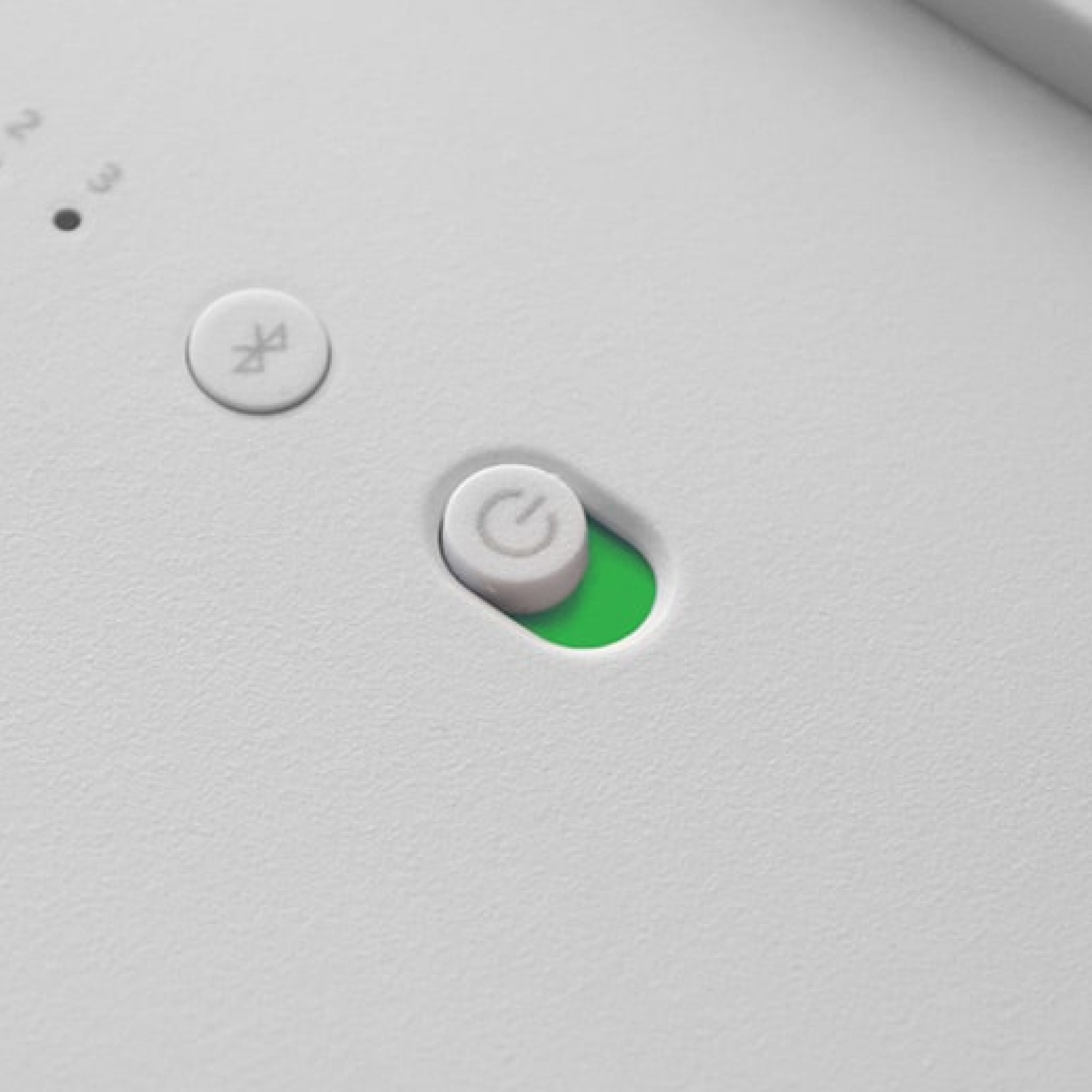Do you know the "Yes" technique?
Did you know that when a person says “no” at the beginning of a meeting, they are already predisposed to reject anything you offer them? NO is the beginning of the end in a professional conversation. If you want to set your agenda for success, you need to change your negotiation tactics and find a positive variant that will redirect the interest of the person you are talking to. Avoid at all costs having your customer say “no, no” and have their answers naturally guide them towards “yes, yes”.

When it comes to business, knowing how to communicate and having a strategic plan is essential. Facing a business meeting to get an account or a client is like facing a blank page. Before you start writing, you must organize your ideas, set your priorities, know your characters well and look for a common thread that will allow you to start the story in an attractive and involving way. In the professional and even in the personal sphere it is the same.
You must set guidelines, define your preferences and your goals, know the needs of your interlocutor and choose an optimal communication strategy to reach him in a logical way and convince him. In the end, it all depends on your ability to conduct the “negotiation”.
Arguing with your customer or your co-worker is not going to benefit you. Do not try to impose your criteria, it will provoke distrust and frustration in the other person, which will lead you to lose the opportunity to close a good deal. Avoid starting your talk by highlighting the points on which you disagree and start the conversation with a logical thought that makes your interlocutor affirm everything you say.
In his book How to Win Friends and Influence People, Dale Carnegie stated that “when a person has said No, all the pride in his personality demands that he be consistent with himself.” It is a natural and human reaction that we are viscerally unable to defeat.
It seems incredible that two letters can mean so much, but they do. Once the NO is presented, the person’s interest wanes, they mark their emotional withdrawal and become defensive. A very unfavorable attitude for sales. Carnegie already warned us about this when he explained that when saying NO, “the whole organism -glandular, nervous, muscular- unites in a state of rejection”, therefore, “the whole neuromuscular system, in short, is put on guard against acceptance”.
How can you resolve this situation? Prepare your strategy well and start the conversation in a positive way. Start your talk by highlighting the points that unite you and give him time to react affirmatively. A “yes, yes” can make all the difference in your negotiation.
Continue to state their needs with indisputable arguments and offer them logical solutions so that they have no choice but to agree. The “yes, yes” technique continues. Eventually, on their own, the person will step forward and end up accepting your proposal. If you play your cards right, he may even hire some other service that you hadn’t initially budgeted for.
For example, the concepts of good and evil. Who dictates what is right? Who decides where the limit of impropriety begins? In the professional field, “error” has been considered for decades as a reason for unconstructive criticism. To this day, the demonization of the term still continues and there are those who think that what makes us human makes us less efficient. Are they right? Of course not! The “mistake”, well considered, is a new opportunity to grow and continue to evolve.
So, what do we do with all those people who do not know how to value the opportunities provided by error? Quite simply, learn to dialogue with them in order to direct their behavior towards a more effective understanding. How are we going to achieve this? With an unabashed, open and unexpected self-criticism.
Why defend what others do not believe in? Or, worse, why defend what you already know is indefensible? Whether you are right or wrong, admit the mistake calmly and confidently before your interlocutor gets carried away by uncontrollable emotions. The impact will be so considerable that you will leave him unarmed. Don’t duck your head, normalize your argument and position yourself. Sincerity and naturalness will be your control weapons.
It is perfect to quote Dale Carnegie and his behavioral business bible, How to Win Friends and Influence People . In it, he asserted that: “any fool can try to defend his mistakes – and almost all fools do”. Where does such impulsive action lead us? To show our insecurities, to reveal our ego, and inevitably, to dispute, the biggest setback in good communication. Do you want to turn the tables and solve that mistake to the benefit of both you and your work group?
Try changing tactics and be more practical. Think more and put impulses aside. Do as Carnegie advised, criticize yourself, pronounce out loud everything the other person seems to be thinking about you and ACKNOWLEDGE “the mistake” in a resolute spirit. Verbalizing it in the first place will give you the opportunity to take away your interlocutor’s reason before you open your mouth. Moreover, it will affect your speech so much that you will react empathetically, trying to avoid being too harsh. Your personal self-criticism will awaken their understanding, which will allow you to earn their respect and, who knows, maybe even recognition for your work.
The important thing is that there is understanding. There is no time for reproaches, miscommunication is an unnecessary burden for a forward-looking company.
